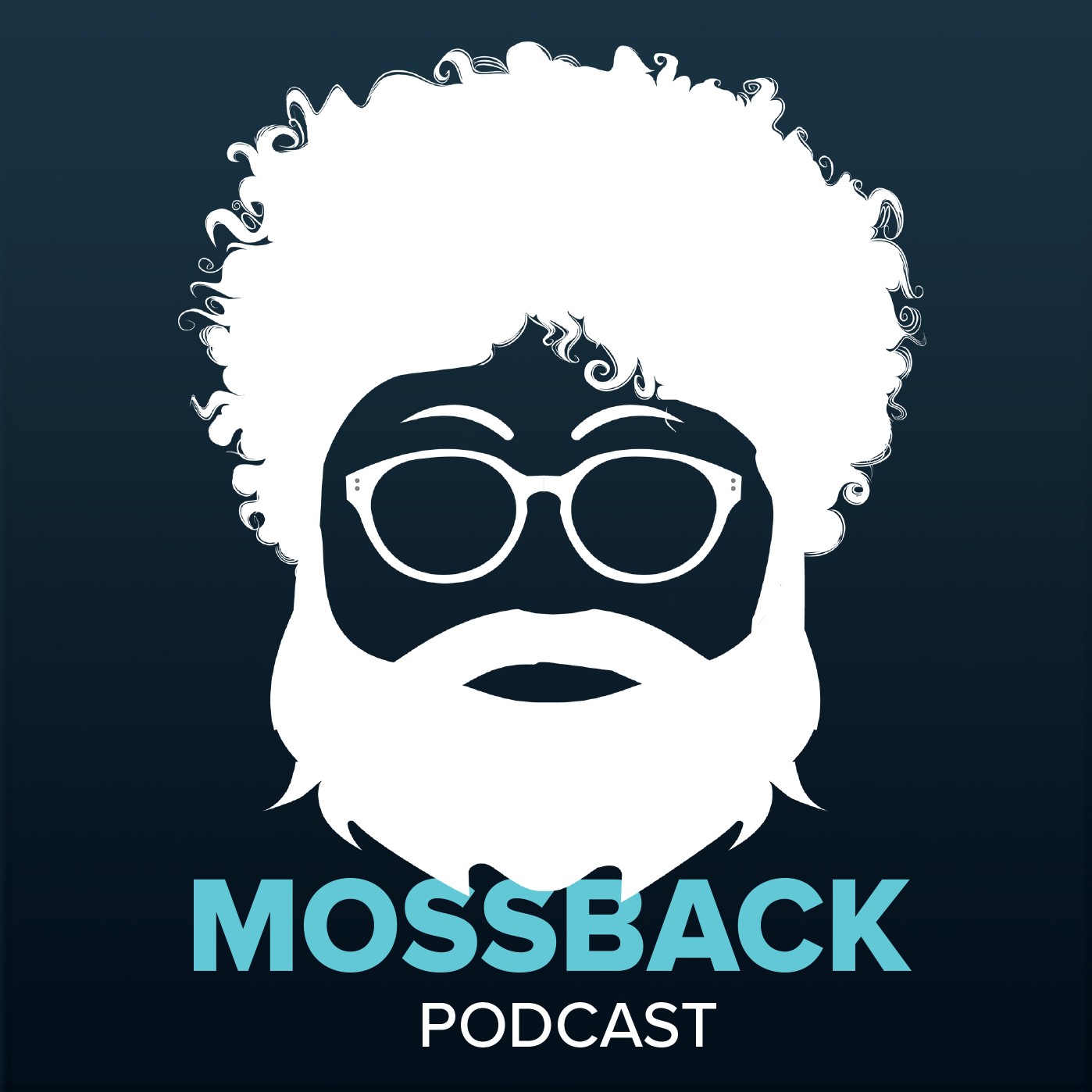When Buffalo Bill Came to Seattle
Audiences loved Buffalo Bill's Wild West show, but what he sold as “authentic” was anything but. Knute Berger shares how the myth shaped our idea of the frontier.
You’ve probably heard of Buffalo Bill. The name is nearly synonymous with “the Wild West,” a kind of cultural mythology created as white settlers colonized the American West in the late 19th century.
Although he’s now larger than life, Buffalo Bill was, in fact, a real person who hunted buffalo, scouted for the U.S. Army and developed a wildly popular traveling show of sharpshooters, cowboys and other “rough riders.” It was a beloved pageant that catapulted him into global fame. In 1908, Buffalo Bill’s show arrived in Seattle.
Cascade PBS’s resident historian Knute Berger explored all of this in a recent episode of the Mossback’s Northwest video series, but there’s much more left to discuss.
In this episode of Mossback, co-host Stephen Hegg joins Berger to more deeply understand who Buffalo Bill really was; unpack the genesis of his traveling show and what it meant to audiences everywhere; dig up firsthand accounts of his Seattle shows as well as that of copycat “Cheyenne Bill”; and interrogate the colonialist narrative that Bill and his supporters perpetuated and that still exists today.
For more on all things Mossback, visit CascadePBS.org. To reach Knute Berger directly, drop him a line at knute.berger@cascadepbs.org. And if you’d like an exclusive weekly newsletter from Knute, where he offers greater insight into his latest historical discoveries, become a Cascade PBS member today.
---
Credits
Hosts: Stephen Hegg, Knute Berger
Producer: Sara Bernard
Story editor: Sarah Menzies


Join the conversation